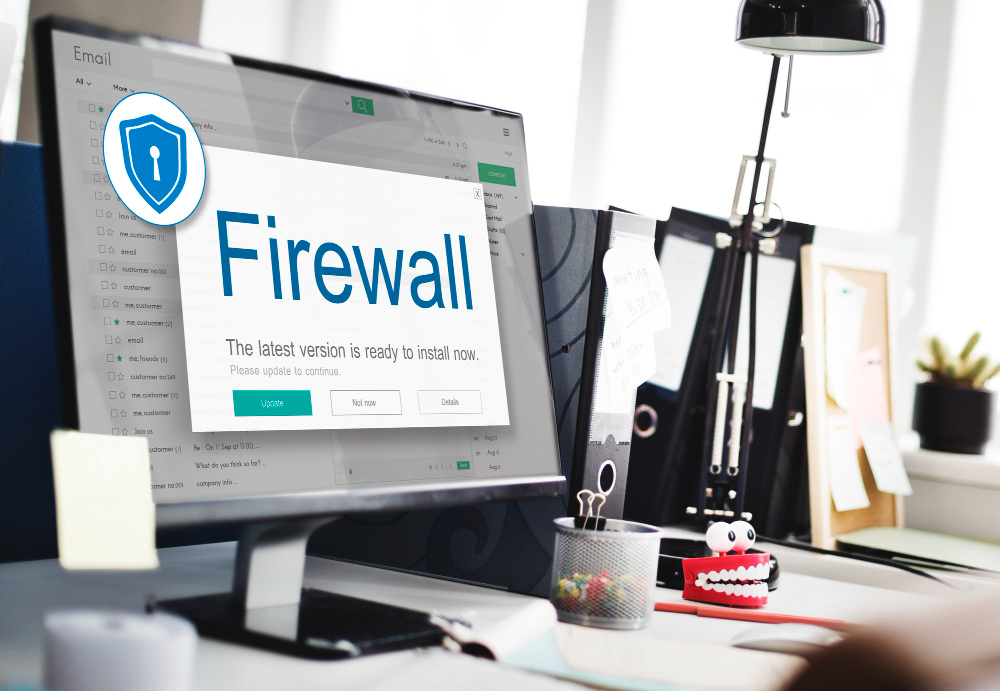
With our website security services, we provide proactive measures to identify and mitigate potential security risks, including malware detection and removal, vulnerability scanning, and security patch management. Our team of security experts works tirelessly to fortify your website’s defenses and prevent unauthorized access or malicious attacks.
Additionally, SSL (Secure Sockets Layer) integration is essential for establishing a secure connection between your website and its visitors. By encrypting data transmitted between the user’s browser and your website, SSL certificates provide assurance that sensitive information remains confidential and protected from interception by third parties.
Protect your online presence and gain your users’ trust with our professional website security and SSL integration services. Contact us today to learn more about how we can help safeguard your website and ensure peace of mind for you and your users.
Welcome to our professional website security and SSL integration services. In today’s digital landscape, safeguarding your website against cyber threats and ensuring the security of user data are paramount. Our comprehensive security solutions are designed to protect your online presence and instill confidence in your users.

Typically replies within a day

Hello, Welcome to the site. What are you looking for? Web Site Design, Ecommerce Web Design, Wordpress Website, Mobile Apps Development, Search Engine Optimization, Payment Gateway Integration, Web Hosting, Website Maintenance, Mpesa Integration, Payment Integration Others